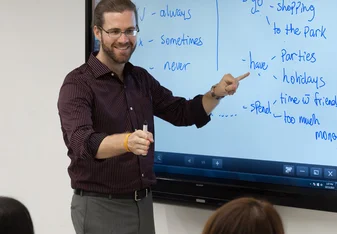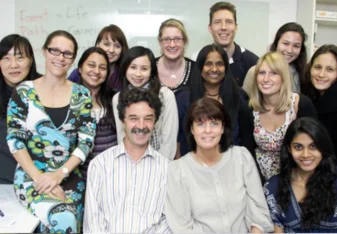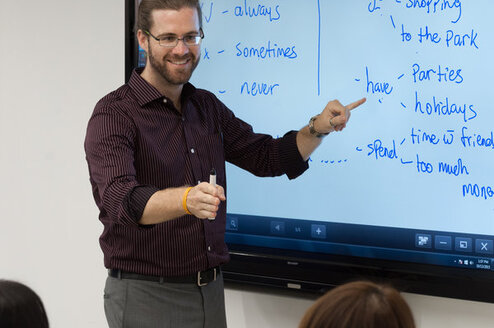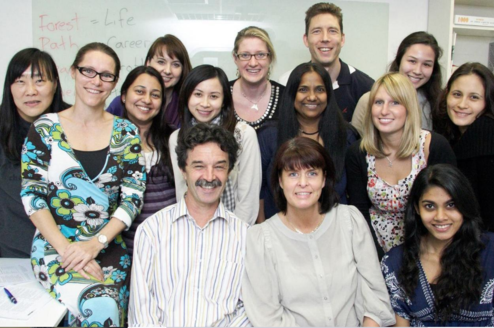- China
- Hong Kong
About Program
Our Trinity CertTESOL program is the largest and most popular Trinity course outside of Europe and we are the only dedicated TESOL centre here in Hong Kong. Each year we help hundreds of new teachers start their teaching careers in this exciting region.
This 130-hour course will equip you to teach to the internationally accredited Trinity standard, and provide you with a certificate that is recognized by education authorities and institutions in HK and around the world. Courses have a good mix of both local and overseas trainee teachers and offer an insight into the unique needs of learners in Asia.
The CertTESOL is available as 4-week full-time (courses almost every month) and 3-week part-time programs. Full-time courses run Mon to Fri; Part-time courses run Tue and Thu evenings and all day Sat.
Study visas can be arranged for trainees joining from overseas (FT courses only), and take around 4-weeks to process.









